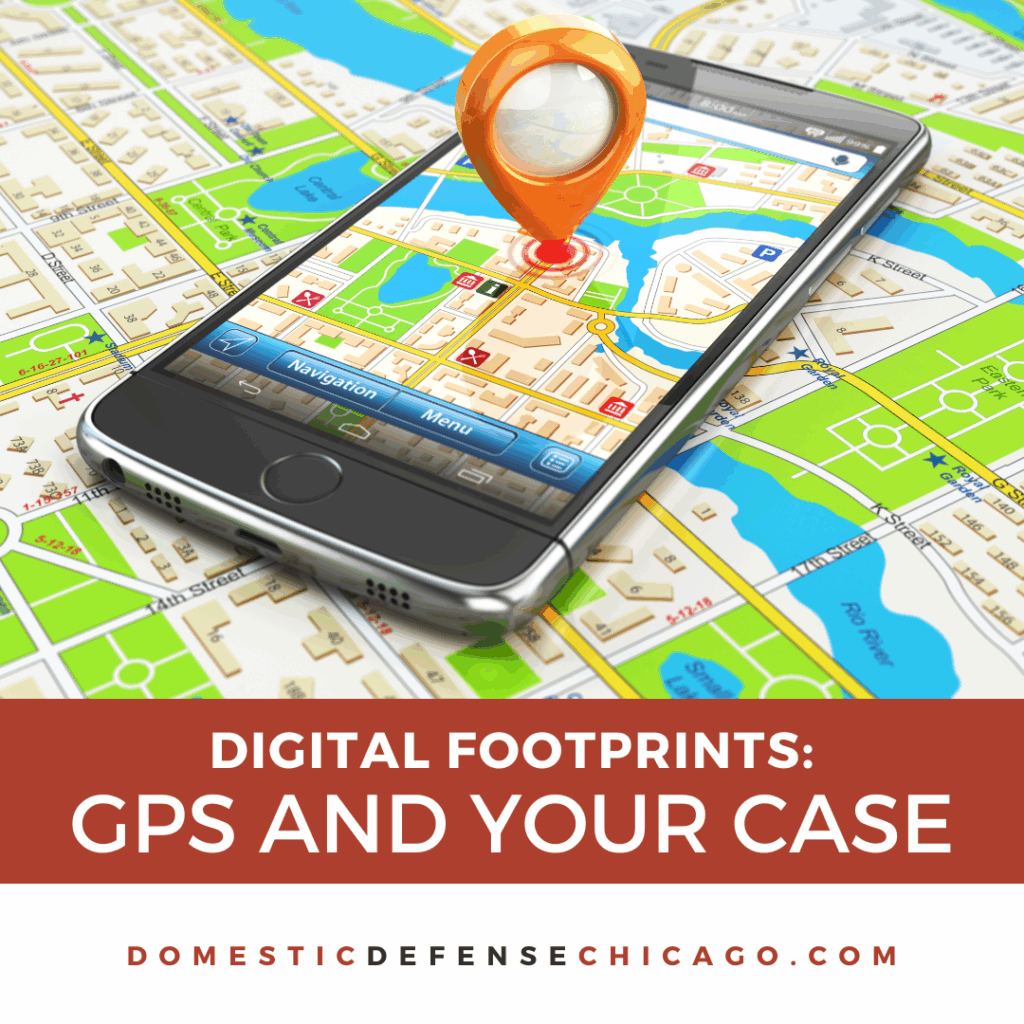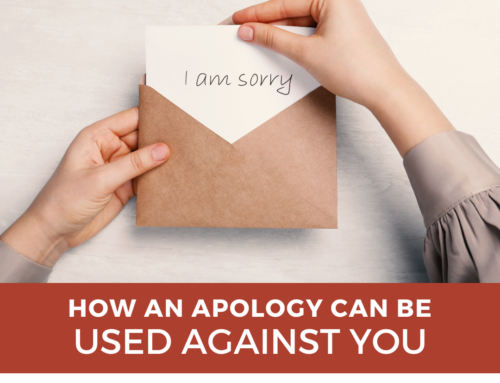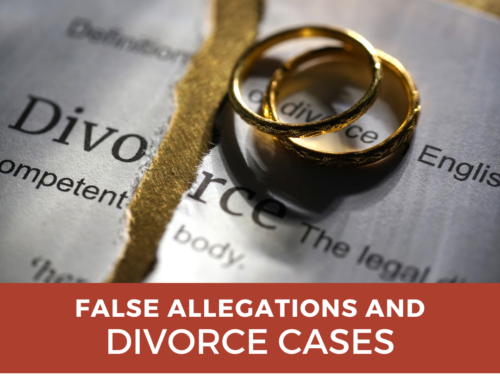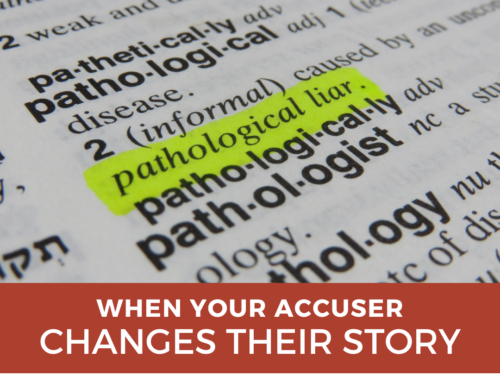In the digital age, our devices track more about us than most people realize. Smartphones, apps, wearable tech, and even some vehicles automatically log location data. In a domestic battery case, this GPS and location-tag information can either help support your defense or be used against you.
These “digital footprints” can confirm where you were—or weren’t—at key moments. But they can also raise questions if the data appears to contradict your account. This is why working with an attorney to handle location evidence is critical for pursuing the best possible outcome, even though no lawyer can guarantee how the court will interpret it.
Where Location Data Comes From
Location information can be stored in more places than you might expect:
-
Smartphones – GPS, Wi-Fi, and cell tower connections track your movements.
-
Apps – Social media posts, rideshare apps, and fitness trackers often record location.
-
Photos and videos – Many images have metadata (EXIF data) with GPS coordinates.
-
Vehicles – Newer cars may log location through onboard navigation or telematics.
-
Wearable devices – Smartwatches and health trackers keep movement and route history.
Each source may have different levels of accuracy, and each comes with its own privacy considerations.
How GPS Data Can Help
In the right circumstances, GPS and location tags can support your defense by:
-
Showing you were somewhere else at the time of the alleged incident
-
Providing a timeline that matches your version of events
-
Contradicting the accuser’s account of your movements
-
Corroborating witness statements about where you were
When properly authenticated and explained, this data can be compelling evidence in your favor.
How GPS Data Can Hurt
The same technology can also work against you:
-
Showing you were at or near the scene despite claims otherwise
-
Contradicting your stated timeline of events
-
Suggesting movements that prosecutors may argue show intent or planning
-
Appearing to show you “following” or “tracking” the accuser
Even inaccurate data can be damaging if not challenged effectively.
Accuracy and Limitations
GPS and location-tag data isn’t perfect. Common issues include:
-
Signal errors in buildings, tunnels, or dense urban areas
-
Shared devices that make it unclear who was actually using them
-
Time zone discrepancies when data is logged in UTC rather than local time
-
Device syncing delays that can misalign timestamps
An attorney can work with digital forensics experts to evaluate the accuracy and reliability of location evidence before it’s presented in court.
Authentication in Court
Courts require that location data be properly authenticated before it can be admitted. This means proving:
-
The data came from the claimed source
-
It hasn’t been altered
-
It accurately reflects the time and place in question
The U.S. Courts’ electronic evidence guidance outlines how this process works in federal proceedings, and similar standards apply in state courts.
Privacy Concerns
Accessing location data often requires legal steps such as subpoenas or warrants. Your attorney can determine whether the prosecution obtained it lawfully and, if not, challenge its admissibility.
Additionally, once location records are in play, they may reveal unrelated personal movements—something your lawyer can work to keep out of the case if it’s not relevant.
How an Attorney Can Help
No lawyer can guarantee that GPS and location data will sway your case in your favor. However, they can:
-
Determine whether location evidence is beneficial or harmful
-
Challenge inaccurate or improperly obtained data
-
Present supporting context that explains your movements
-
Work with experts to interpret and clarify technical details
Digital footprints can be powerful in domestic battery cases, for better or worse. The key is having legal guidance from the start, so location data is handled strategically—protecting you from misinterpretation and leveraging it effectively when it supports your defense.
Do You Need to Talk to an Attorney About Domestic Battery Defense?
If you need to talk to a domestic battery defense attorney in Illinois, we’re here to help. Call us at 847-920-4540 now – we’ll be happy to give you a free consultation and talk to you about your options.







Leave A Comment
You must be logged in to post a comment.